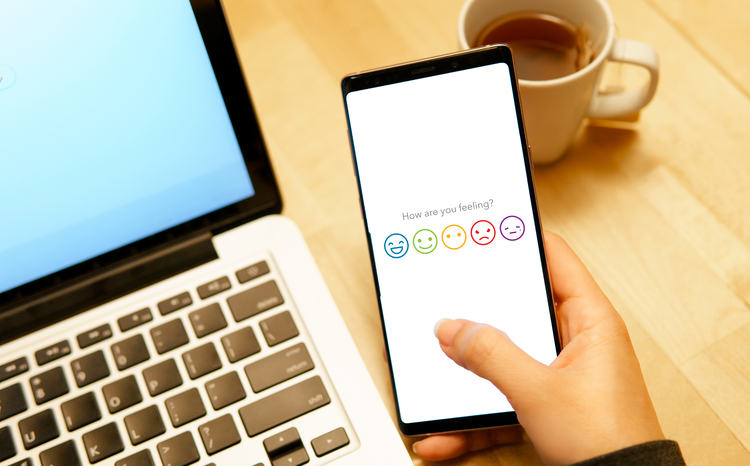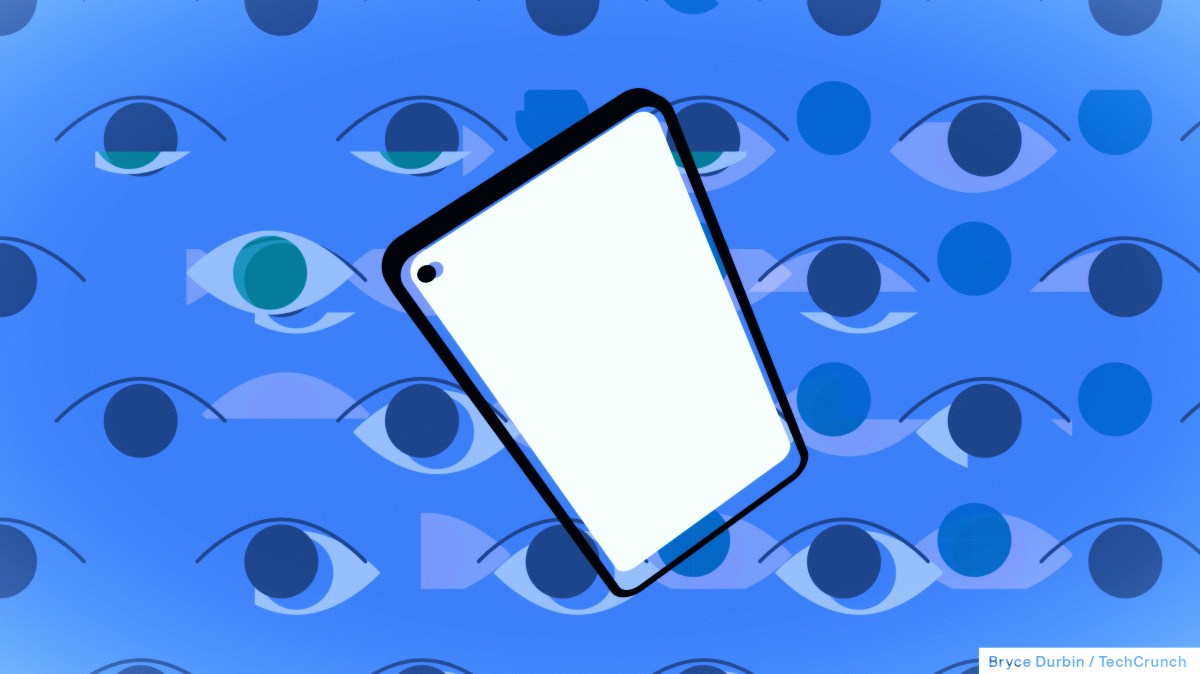A campaign for digital adult mental health and wellbeing has been launched in Northern Ireland to offer self-help resources and tools for people seeking support.
Launched at the Northern Ireland Confederation for Health and Social Care conference on 16 October 2024, the campaign is supported by the Department of Health in collaboration with Digital Health & Care Northern Ireland.
A selection of mental health and wellbeing apps are being offered on the Health and Social Care (HSC) Apps Library, including information on topics such as anxiety, depression, stress, sleep and meditation.
Mike Nesbitt, health minister for Northern Ireland, said: “This is an example of the use of digital innovation to provide timely and targeted mental health support.
“It recognises that digital technologies offer an alternative way of providing mental health support by offering increased choice, availability and access, alongside traditional mental health service delivery.
“Moving from an analogue to a digital health and social care system is one of the major shifts in healthcare delivery that will produce better outcomes for all.”
The HCS Apps Library was originally commissioned in May 2020 to provide self-care and self-management support to Northern Ireland citizens in response to Covid-19, and enables access to tens of thousands of apps that have been reviewed and evaluated by the Organisation for the Review of Care and Health Apps (ORCHA).
Northern Ireland’s ‘Mental Health Strategy 2021-2031’, published in June 2021, commits to developing and implementing a comprehensive digital mental health model that provides digital delivery of mental health services.
Research commissioned by the National Institute of Health and Care Excellence (NICE) and the Medicines and Healthcare products Regulatory Agency (MHRA), published in May 2024, found that patients thought that digital mental health technologies should be used as part of a wider treatment package alongside regular therapy sessions and/or prescribed medication.
Meanwhile, research by NICE, published in September 2024, which compared digital technologies to face-to-face therapy, concluded that the use of recommended digital therapies for mental health conditions could free up thousands of NHS therapists’ hours.








/cdn.vox-cdn.com/uploads/chorus_asset/file/23925988/acastro_STK053_02.jpg)


